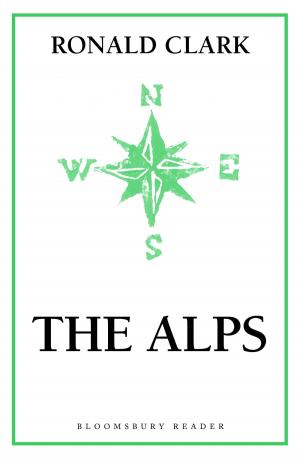Counter-shock
The Oil Counter-Revolution of the 1980s
Business & Finance, Industries & Professions, Industries| Author: | ISBN: | 9781838608248 | |
| Publisher: | Bloomsbury Publishing | Publication: | April 30, 2018 |
| Imprint: | I.B. Tauris | Language: | English |
| Author: | |
| ISBN: | 9781838608248 |
| Publisher: | Bloomsbury Publishing |
| Publication: | April 30, 2018 |
| Imprint: | I.B. Tauris |
| Language: | English |
The oil price collapse of 1985-6 had momentous global consequences: non-fossil energy sources quickly became uncompetitive, the previous talk of an OPEC 'imperium' was turned upside-down, the Soviet Union lost a large portion of its external revenues, and many Third World producers saw their foreign debts peak. Compared to the much-debated 1973 `oil shock', the `countershock' has not received the same degree of attention, even though its legacy has shaped the present-day energy scenario. This volume is the first to put the oil `counter-shock' of the mid-1980s into historical perspective. Featuring some of the most knowledgeable experts in the field, Counter-Shock offers a balanced approach between the global
picture and local study cases. In particular, it highlights the crucial interaction between the oil counter-shock and the political `counterrevolution' against state intervention in economic management, put forward by Ronald Reagan and Margaret Thatcher in the same period.
The oil price collapse of 1985-6 had momentous global consequences: non-fossil energy sources quickly became uncompetitive, the previous talk of an OPEC 'imperium' was turned upside-down, the Soviet Union lost a large portion of its external revenues, and many Third World producers saw their foreign debts peak. Compared to the much-debated 1973 `oil shock', the `countershock' has not received the same degree of attention, even though its legacy has shaped the present-day energy scenario. This volume is the first to put the oil `counter-shock' of the mid-1980s into historical perspective. Featuring some of the most knowledgeable experts in the field, Counter-Shock offers a balanced approach between the global
picture and local study cases. In particular, it highlights the crucial interaction between the oil counter-shock and the political `counterrevolution' against state intervention in economic management, put forward by Ronald Reagan and Margaret Thatcher in the same period.















